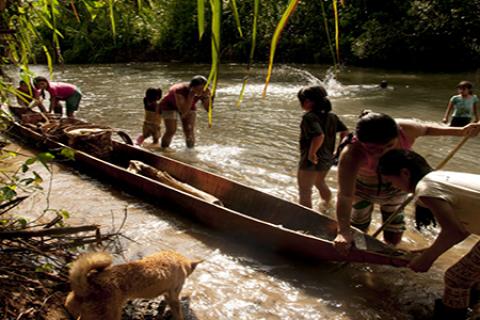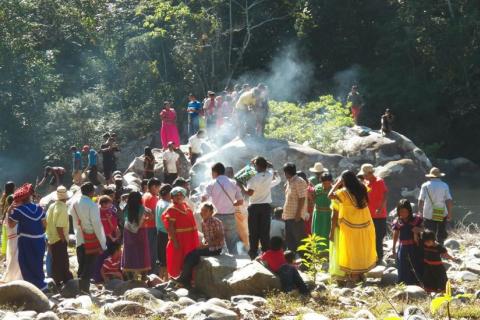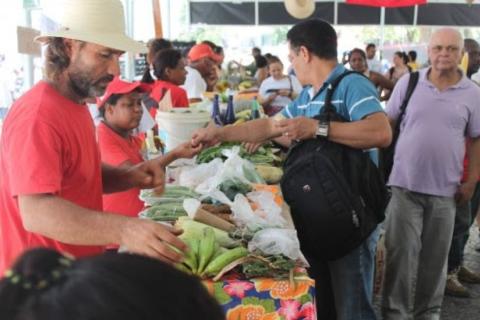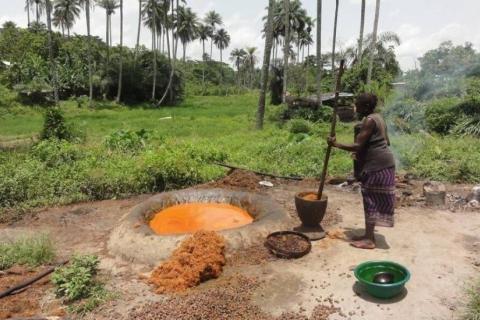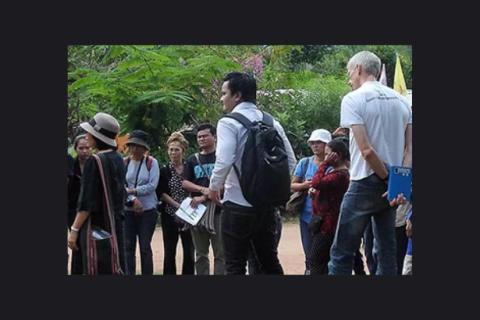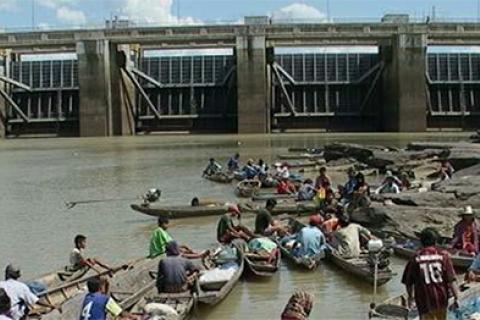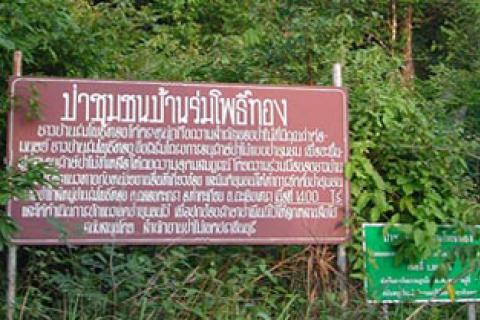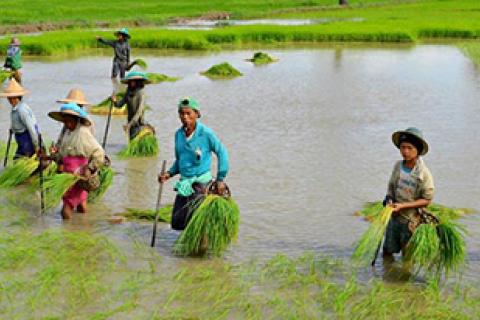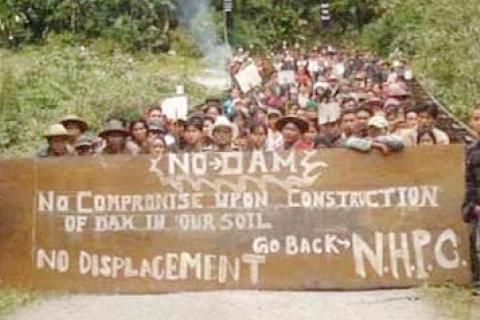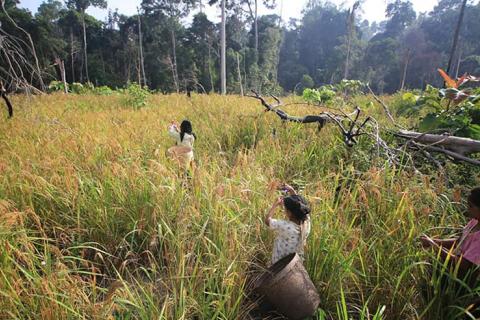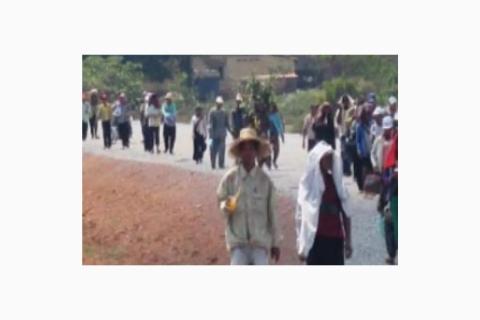How do major oil palm companies manage to get their palm oil sold as a “green”, “sustainable” and “climate-friendly” product when it is none of that? How does this green image help corporations to expand even further, as is happening now in Africa? This article looks into the case of OLAM International, which in February 2017 published its Draft Global Policy on Forests (1). OLAM's promising words are merely a smokescreen around what is still its main objective: increasing profits.
Have oil palm companies changed?
Bulletin articles
With a history plagued by outrage and territorial imposition since colonization, the indigenous Ngäbe-Buglé peoples of western Panama struggle relentlessly for autonomy, and freedom from mining, hydroelectric and other destructive industries in their territories (1).
To begin to discuss in depth the production and consumption of food, especially in a country like Brazil, it is necessary to recall and mention a series of points.
Marie Crescence Ngobo coordinates the Sustainable Development Actors Network in Cameroon (RADD, by its French acronym). RADD works with women on economic and social issues, organizing activities that help women regain their identity and autonomy, in order to improve their families' living conditions.
Marie Crescence, you organized four workshops on traditional oil palm in 2016. How did that work, and what did you observe in those meetings with women?
Thailand's modern forest politics has had many phases. In the 19th century, the British began logging the country for teak. In the 20th century, other commercial loggers eventually took over. State agencies anxious to deny the forest to insurgent movements meanwhile promoted commercial agriculture and hydroelectric dams as well as timber extraction. In 1989, with the country's once-vast forests severely depleted, logging was officially banned.
The region typically known as “India’s North East” or also referred to as just “North East” is linked tenuously with mainland India by a roughly 20 kilometer-wide land bridge, and surrounded by Nepal, Bhutan, China, Myanmar and Bangladesh. There are over 200 indigenous and tribal communities living in this region, most of whom share similarities in culture, food, clothing, economy and polity, and evolved diverse laws and institutions specific to each tribe.

